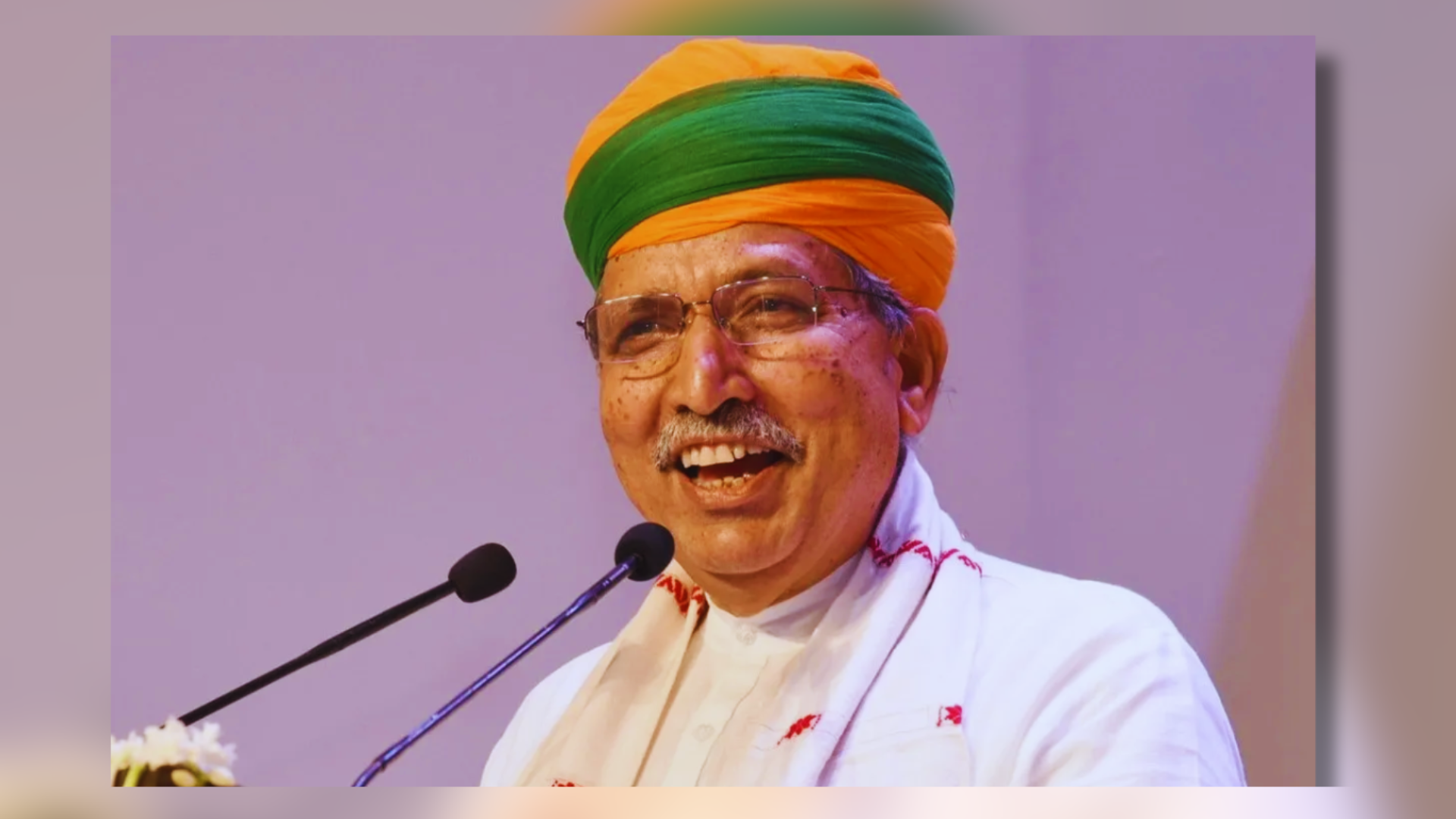










The total amount invested in startups during Q2 was USD 6.6 billion. There is no clear end date for the ongoing fundraising winter that is affecting both the global and Indian startup ecosystems. From USD 23 million in Q2 2022 to USD 13 million in Q3, the average deal ticket size decreased.
“Although it has been claimed that there is considerable committed money waiting to be deployed (dry powder) in the Indian start-up ecosystem,” the report noted, “it is becoming obvious that selectivity in dealmaking will rise, with an emphasis on path-to-profitability, particularly in growth- to late-stage businesses.”
PwC India’s study summarised its conversations with a number of influential investors in the Indian start-up ecosystem about the current financing landscape and prospects.
“Although financing has decreased across all investment stages—early, growth, and late—we see that the loss has been most pronounced in deals at the early stage, where the average ticket size is between USD 4-5 million. This shows that venture capital (VC) companies still support the ecosystem of Indian start-ups “says the research.
The average ticket size in Q3 CY22 was USD 13 million. Funding in growth- and late-stage projects continued to fall.
However, consistent with prior quarter patterns, the FinTech and SaaS industries continued to draw the most funding during Q3. 30% of the overall financing during the quarter came from the fintech industry.
Speaking about trends by city, the research said that Bengaluru, Mumbai, and Delhi NCR continue to be India’s top startup hubs, accounting for around 81 percent of all venture capital and private equity investment activity.
Surprisingly, only Shiprocket and OneCard, two firms, achieved unicorn status in Q3. Companies worth at least $1 billion USD are considered unicorns.
According to the study, a total of 14 and 4 unicorns were born in Q1 and Q2, respectively.
Only 20 new unicorns were created globally in Q3, reflecting a general slowdown in venture investment; 45% of them come from the SaaS (Software as a Service) industry, according to the research.
“Unstable macro conditions and restricting venture funding resulted in the emergence of just 20 unicorns globally in Q3 CY22, a considerable reduction as compared to prior quarters,” it stated, adding that the US (11 new unicorns) accounted for 55% of the new unicorns during the quarter, while India, South Korea, and the United Kingdom each added two.
Unexpectedly, no new decacorns—companies with a valuation of $10 billion or more—were added this quarter.
The value of several decacorn firms “significantly declined, with companies lacking sufficient capital being compelled to obtain money at a steep discount,” the report stated.










